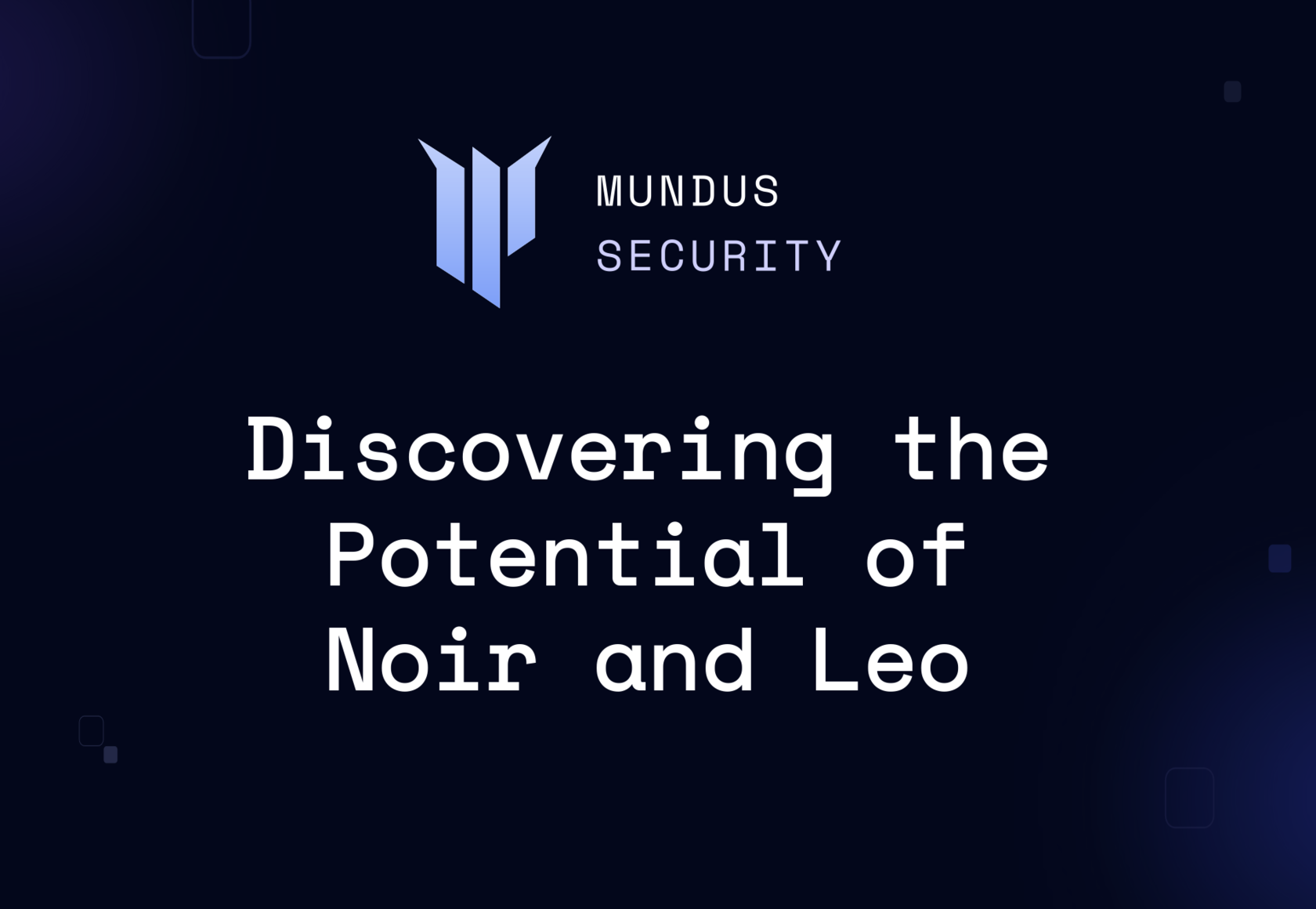The emergence of Web3, which is a decentralized, trustless, and permissionless Internet infrastructure, has renewed interest in privacy-preserving technologies. Zero-Knowledge Proofs (ZKPs) are a promising way to maintain privacy in Web3. These cryptographic protocols enable one party to prove the validity of a statement without revealing any information about the statement itself. Noir and Leo are two high-level programming languages that allow developers to easily create ZKPs and integrate them into Web3 applications. In this article, we will explore how Noir and Leo can be used in the context of Web3 and Zero-Knowledge Proofs.
Noir: A High-Level Programming Language for Zero-Knowledge Proofs
Noir is a domain-specific programming language designed to create Zero-Knowledge Proofs efficiently. It allows developers to write ZKP circuits in a concise, easy-to-read, and secure manner. Noir uses a Rust-like syntax and emphasizes safety and expressiveness, ensuring developers can create ZKPs without worrying about common programming pitfalls.
Some key features of Noir include:
- User-friendly syntax: Noir's syntax is simple and easy to understand, allowing developers with varying experience levels to create ZKPs without any steep learning curve.
- Strong typing: Noir's type system prevents common errors that can lead to security vulnerabilities.
- Composability: Noir allows developers to easily create modular and reusable circuits, making it simple to build complex ZKPs.
Leo: A High-Level Programming Language for zk-SNARKs
Leo is another high-level programming language designed specifically for zk-SNARKs, a type of Zero-Knowledge Proof. Leo is part of the Aleo platform, a privacy-focused Web3 ecosystem. Like Noir, Leo allows developers to create ZKP circuits simply and expressively, using a familiar syntax.
Key features of Leo include:
- Safety: Leo's type system and memory management protect developers from common errors that could lead to security vulnerabilities.
- Expressiveness: Leo's syntax enables developers to quickly write complex zk-SNARK circuits.
- Interoperability: Leo is designed to be compatible with multiple Zero-Knowledge Proof systems and Web3 platforms, making it a versatile choice for developers.
Applications of Noir and Leo in Web3 and Zero-Knowledge Proofs
- Privacy-preserving smart contracts: With Noir and Leo, developers can create privacy-focused smart contracts that preserve user anonymity while executing the desired functionality. This enables the creation of decentralized applications (dApps) that offer strong privacy guarantees.
- Confidential transactions: Noir and Leo can create confidential transaction systems in which the transaction amounts, sender, and recipient are all hidden. This ensures privacy for users in Web3 financial applications.
- Decentralized identity: Zero-Knowledge Proofs generated with Noir and Leo can be utilized to create decentralized identity systems that allow users to prove their identity without revealing any personal information.
- Decentralized voting: Noir and Leo facilitate the creation of secure and private decentralized voting systems, allowing users to vote without revealing their choices to others. This ensures a fair and confidential voting process.
- Scalability: By offloading complex computations to Zero-Knowledge Proofs, Noir and Leo can help address the scalability challenges many blockchain platforms to face.
Conclusion
Noir and Leo are high-level programming languages designed specifically for creating Zero-Knowledge Proofs in the Web3 ecosystem. They make it easier for developers to create privacy-preserving dApps and platforms, which makes them essential tools for the decentralized internet's ongoing development. Noir and Leo are user-friendly, with strong typing and compatibility with multiple ZKP systems in the Web3 ecosystem.
As Noir and Leo continue to gain popularity among developers and privacy-conscious users, their impact on the Web3 landscape will become increasingly evident. These high-level programming languages revolutionize how privacy is maintained in decentralized systems by simplifying the creation of Zero-Knowledge Proofs and facilitating their integration into various applications.
Furthermore, the widespread adoption of Noir and Leo can lead to the developing of more innovative and privacy-centric applications that redefine the user experience in the decentralized internet.
For smart contract audit consulting and queries, get in touch with us today!
